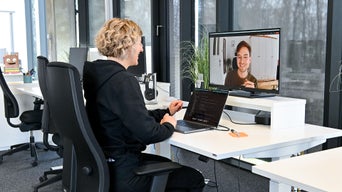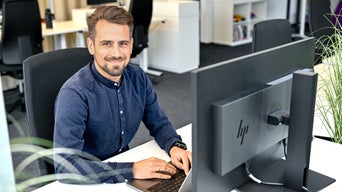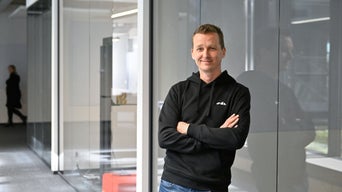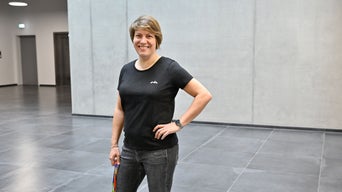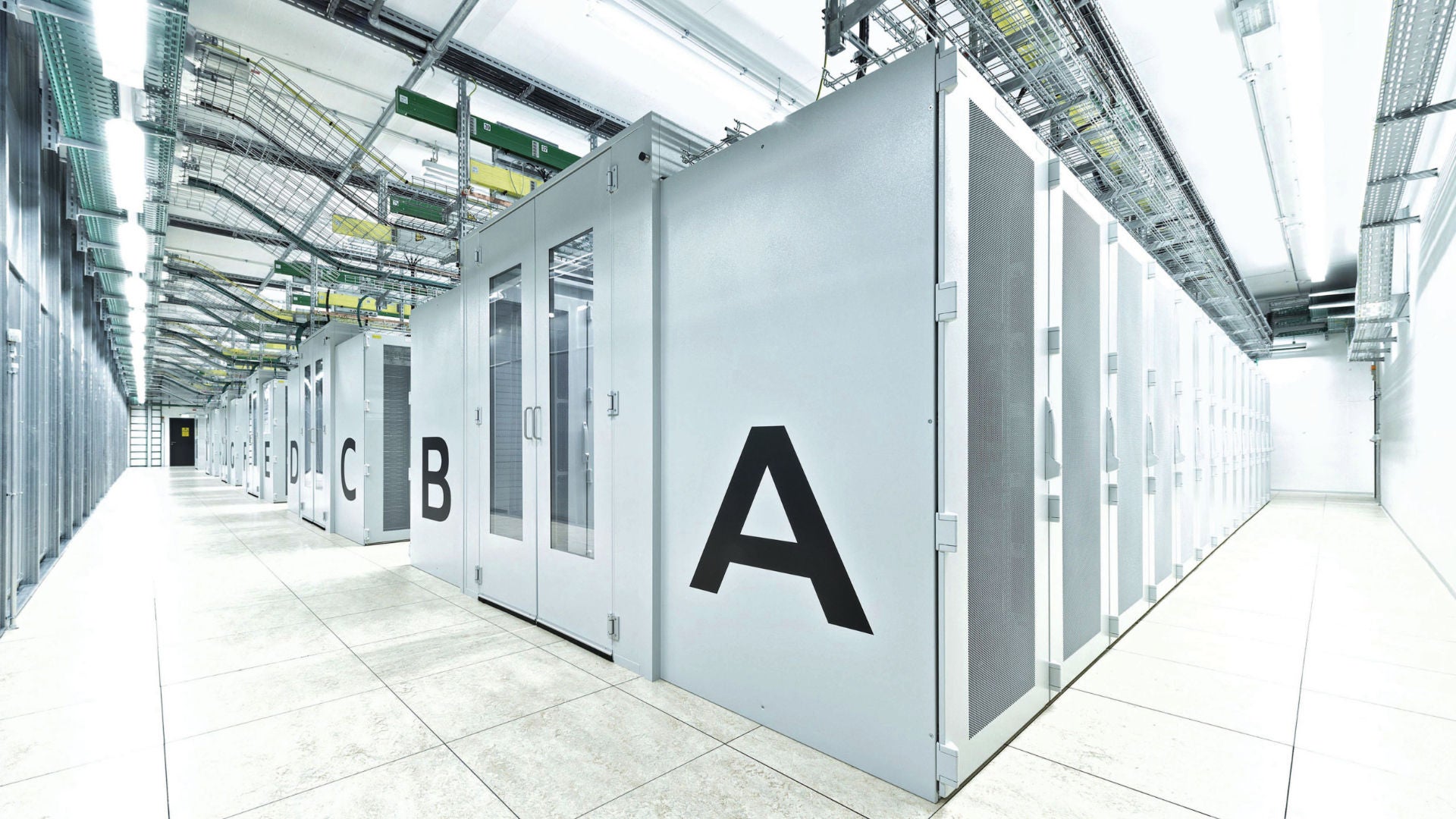
Audi Software Development Center
We are shaping Audi’s future in a start-up-like environment, where agile values and close collaboration are the keys to success. Whether in software engineering, product design, or product management, at the Audi Software Development Center (SDC for short), you can expect a team that makes a real difference.
Work agile. Living teamwork. Moving the future.
At the Audi Software Development Center (SDC), everything revolves around the development of digital products and the people for whom we do this. As part of the Audi IT strategy, we are setting new standards in agile software development. Our portfolio includes globally available, cloud-based services and internal applications for the development and production of the latest generation of vehicles.
Find the right job at Audi.
The basis of the SDC working world
More than the sum of their parts: the teams at the SDC
At Audi SDC, lively, balanced teams develop efficient, value-creating, reliable software. Here, some team members report on their jobs:
